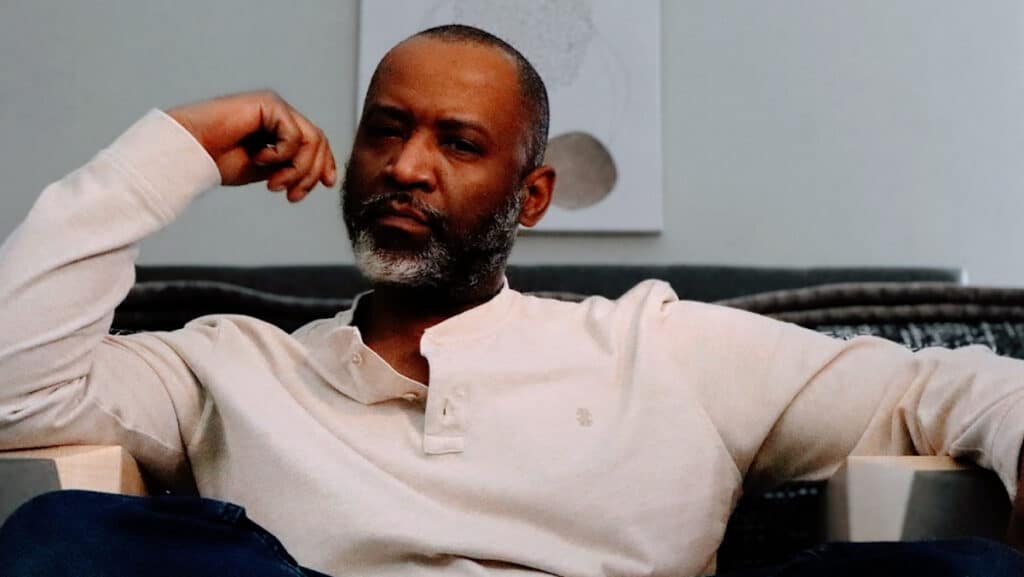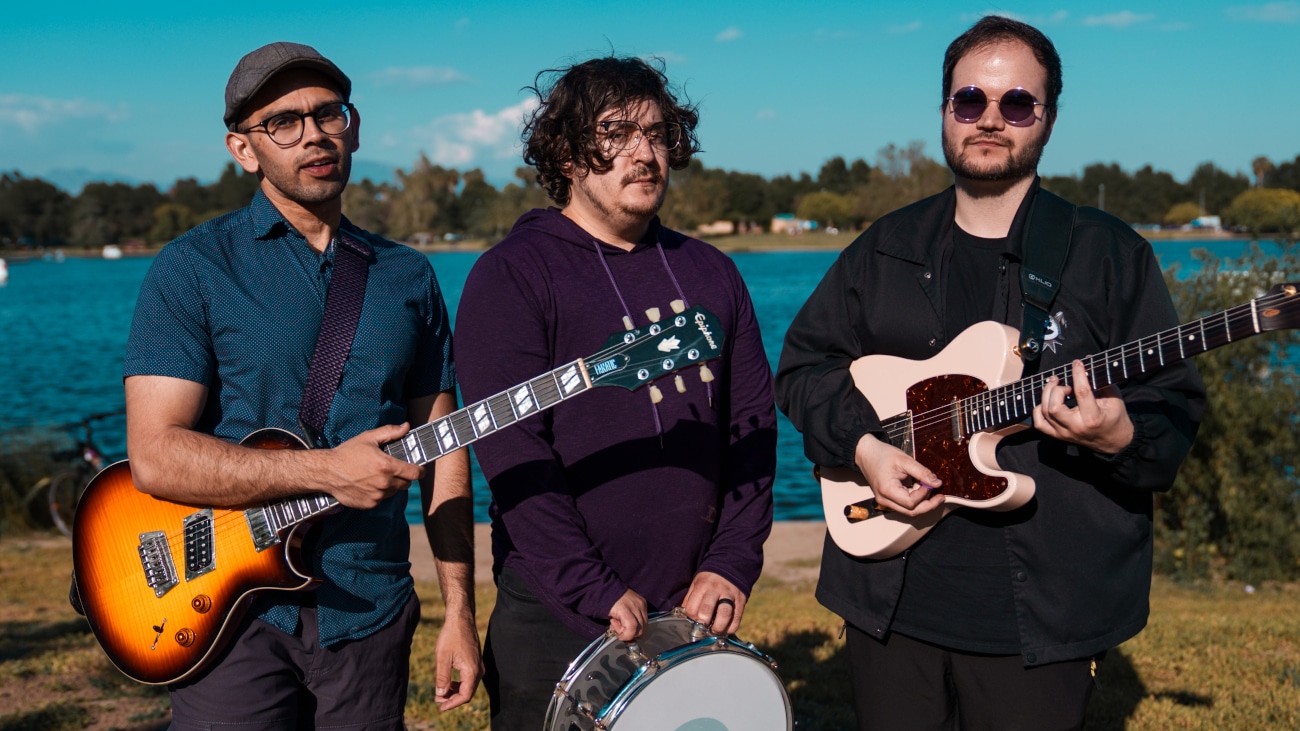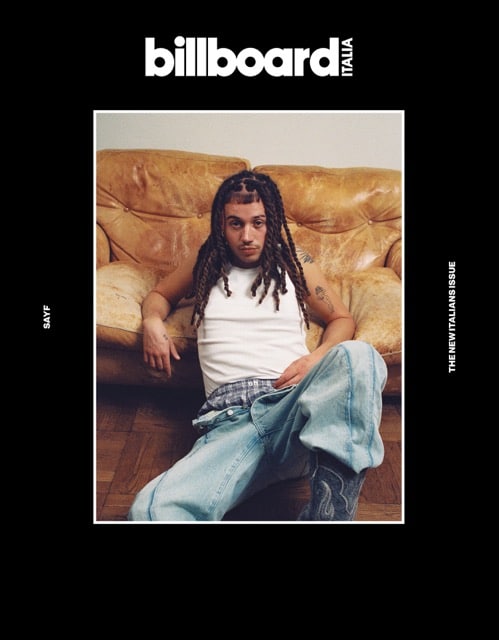Meet Ashon Galaxy, an Architect of Emotion in R&B
For the singer/songwriter and producer, music is not just entertainment but a reflection of all aspects of human lives

There is a moment when music transcends entertainment and becomes a mirror reflecting human lives – the joys, memories, and even the losses. For Ashon Galaxy, R&B artist, songwriter, and producer, this transformation is the foundation of his work. “Life is full of stories that could be told,” he explains. “I like to pull in ideas from everywhere – my own experiences as well as the stories of others.”
This philosophy finds resonance in Ronnie Laws’ jazz classic Every Generation, a song Ashon Galaxy recalls with reverence. “It reflects the many stories that can be told from all generations and the importance of listening to them,” he says.
The pull of R&B
For Ashon Galaxy, the path to R&B was inevitable. He remembers being a boy, hunched over his father’s record collection, pulling out vinyl after vinyl with wide-eyed curiosity. “I was completely enthralled by the creative process, along with the greatness of the songs themselves,” he recalls. By age twelve, he was already writing songs.
That instinct hardened into discipline as he grew older, leading him deeper into production, arranging, and performance. Always at the center of it: R&B music. The genre is not just a lane but a calling. Its grooves, its cinematic scope, its way of marrying joy with sorrow – all of it became a language Ashon Galaxy both inherited and reshaped.
Cinematic soundscapes
The word “cinematic” emerges often when discussing Ashon Galaxy’s music. He imagines his tracks in a film, envisioning the final wedding celebration scene from the 1999 movie The Best Man. Or, he suggests, Let Me Know could underscore an intimate conversation at an outdoor party – the swelling connection between two strangers palpable to both the characters and the audience.
“There is something magical about the keys of the ’70s and ’80s,” he reflects. His love for the Fender Rhodes, in particular, is nearly devotional. “I love the texture of the Rhodes when played softly and the way the keyboard opens up when you really dig in. These keys have a thickness that feels comfortable and large.”
That sense of size defines his sound. Listening to Ashon Galaxy is like stepping into a room with wide windows overlooking a waterfront. As he describes it: “The room is comfortable – familiar in style but unique in design, bringing all the colors and elements together. There’s enough space for you to dance, relax, spend time with others, or be alone. It’s a room you look forward to spending time in.”
Vulnerability as a compass
Ashon Galaxy insists that authenticity is the truest instrument in his repertoire. When writing about joy or heartbreak, he refuses to fake the feeling. “People are not fools,” he says. “They can tell if someone is just going through the motions. If I’m writing something and the feeling isn’t there, I’ll shelve it for later rather than force it.”
He recalls the hesitation he felt before releasing his song I Can’t, which drew from personal experiences of romantic conflict. “I considered making changes to the song, but I kept it as it was and released it,” he admits. “If I keep having an emotional reaction when I listen, then other people might feel that too.”
Vulnerability, for Ashon Galaxy, is not a weakness – it’s the bridge between artist and audience. He recounts how a collaborator once assumed his songs were about a real woman in his life. “Truth be told, none of those songs were about anyone in particular,” he says. “But I’ll never forget how convinced she was.”
The discipline of passion
“Throughout my life, I’ve taken every available moment to spend on one aspect of music creation,” he explains. There were nights he would forget going out just to finish an idea. But with time, he has learned balance.
His process is intuitive. Songs begin as sketches with chords, a melody, and a few words. Then he lets them rest, revisiting later with fresh ears. The litmus test of completion is visceral: “If I can imagine myself performing it with a band in front of a crowd, feeling goosebumps as people have a good time, then I know it’s ready.”
Even his approach to arrangement reflects his discipline. The bass, for instance, is always the final element. “It’s the audible icing on a sonic cake,” he says. “The grounding force that completes the arrangement.”








